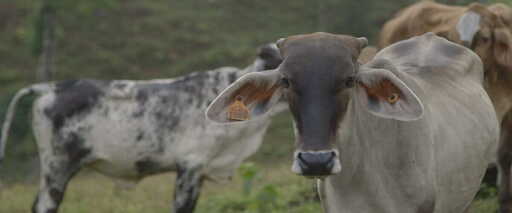Illegal cattle ranching has torn through Nicaragua’s rainforests in recent years, supplying a growing international market for meat despite calls for better oversight of the industry. Now, the country is feeling the consequences, as disease spreads through the unchecked movement of livestock. Cases of New World screwworm (Cochliomyia hominivorax), or NWS, a fly that feeds on warm-blooded animals, have exploded across the country. Experts have traced the outbreak to Nicaragua’s massive cattle ranching industry, which transports herds from grazeland to slaughterhouses without always following protocol. “Nicaraguan beef sold in the United States, Mexico and other global markets is fueling the destruction of the largest remaining tracts of rainforest in the country,” said a new report from environmental group Re:wild. “[It’s] facing one of the most aggressive outbreaks of [NWS] in its recent history.” Beef is one of Nicaragua’s top exports, and has continued to grow since President Daniel Ortega returned to power in 2007. Between January 2024 and June 2025, the country exported more than 60 million kilograms (132 million pounds) of beef to the U.S., valued at more than $390 million, according to U.S. maritime import data obtained by the Environmental Investigation Agency (EIA). Cattle ranching helped exacerbate the spread of NWS, a parasite that first appeared in Panama in 2023 before reaching other parts of Central America and Mexico. Reported cases in Nicaragua rose from 11,930 at the start of 2025 to 19,700 in early July, according to the country’s Institute for Agricultural Protection and Health. Indio Maíz…This article was originally published on Mongabay
From Conservation news via this RSS feed


